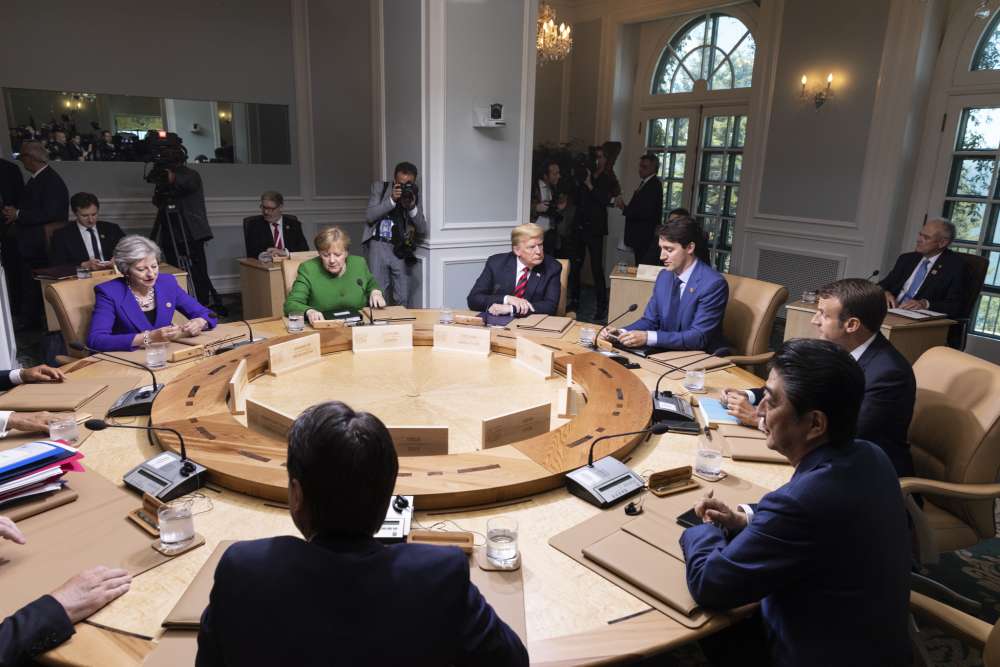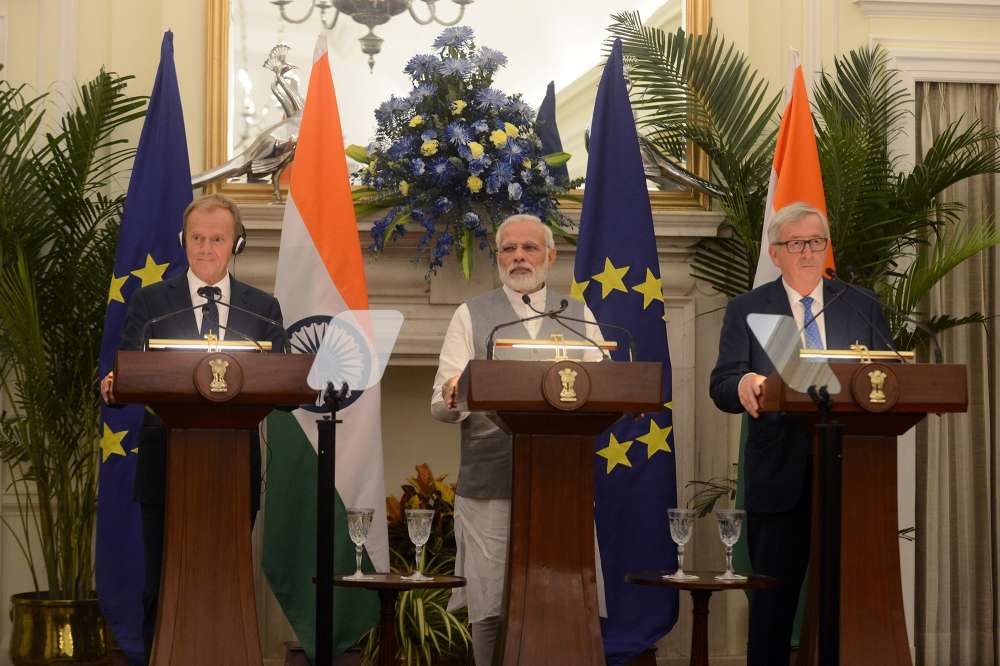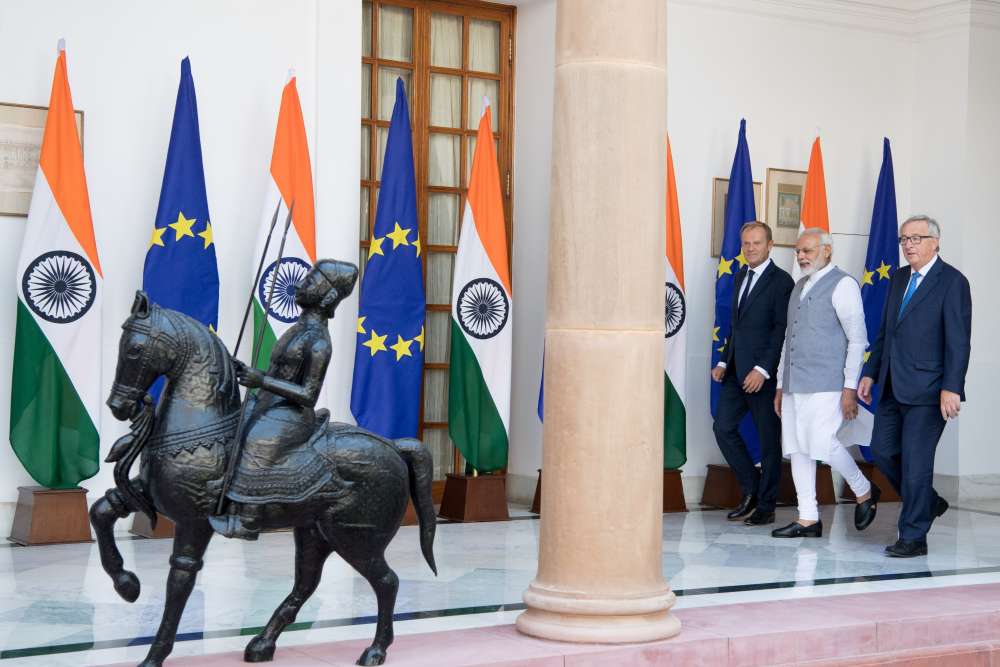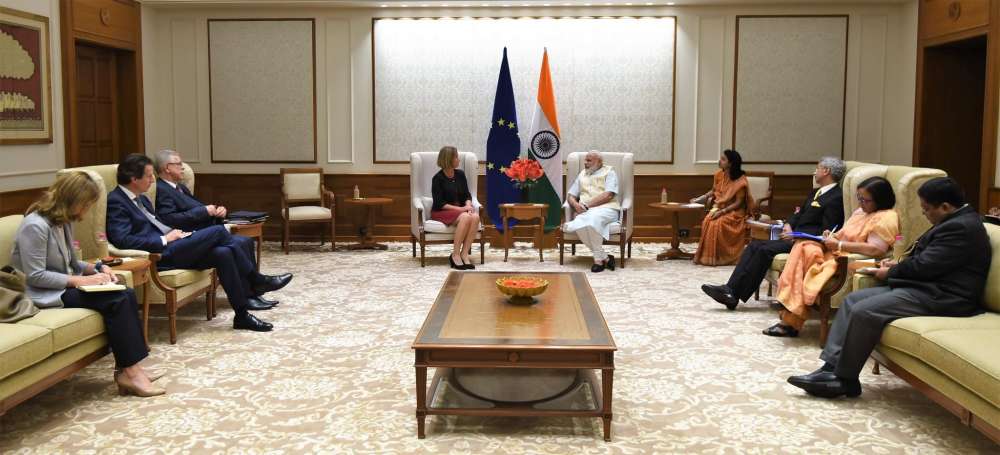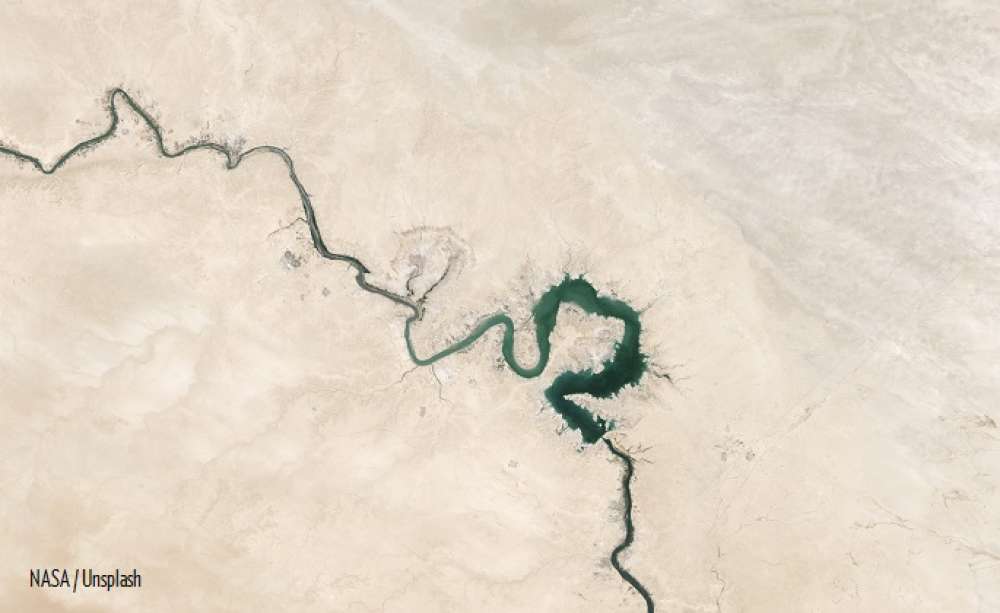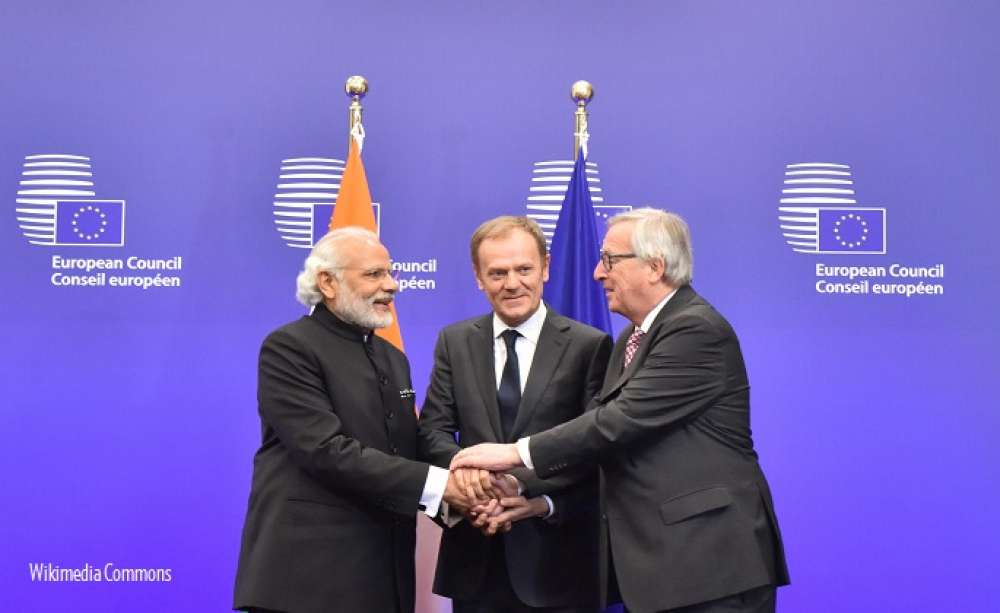The BRICS and the Future of Global Order
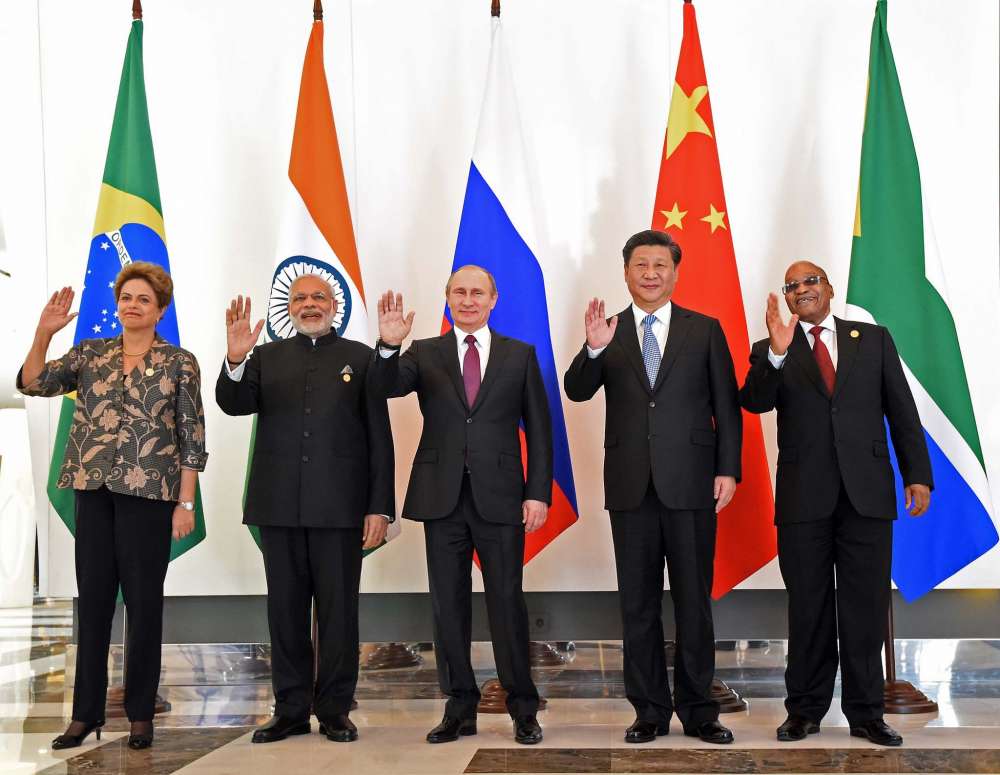
The transformation of the BRIC acronym from an investment term into a household name of international politics and, more recently, into a semi-institutionalized political outfit (called BRICS, with a capital ‘S’), is one of the defining developments in international politics in the past decade. While the concept is now commonly used in the general public debate and international media, there has not yet been a comprehensive and scholarly analysis of the history of the BRICS term. The BRICS and the Future of Global Order offers a definitive reference history of the BRICS as a term and as an institution — a chronological narrative and analytical account of the BRICS concept from its inception in 2001 to the political grouping it is today. In addition, it analyzes what the rise of powers like Brazil, Russia, India, China and South Africa means for the future of global order. Will the BRICS countries seek to establish a parallel system with its own distinctive set of rules, institutions and currencies of power, rejecting key tenets of liberal internationalism, or will they seek to embrace the rules and norms that define today’s Western-led order?
Reviews
“The role and importance of the so-called BRICS has been hotly debated for a decade, but it has not been studied in a systematic way until now. Oliver Stuenkel’s balanced and richly detailed work demonstrates that the BRICS are neither a coherent coalition seeking to overturn the global balance of power nor a passing fad of little importance. Instead, his analysis shows that cooperation among the BRICS seeks to foster the gradual emergence of a legitimate and rule-based multipolar order, and to press the United States and its allies to follow existing global rules more consistently. This nuanced and clearly-written book offers an illuminating glimpse into the future of global politics.”
Stephen Walt, Harvard Kennedy School
“This is the best book on BRICS written to date. It brilliantly analyzes the origins of the group, the nature and scope of intra-BRICS cooperation, and its impact on world order. It is required reading for anyone interested in the emerging trends in world politics.”
Amitav Acharya, UNESCO Chair in Transnational Challenges and Governance, American University
…
The book is available from Amazon.
